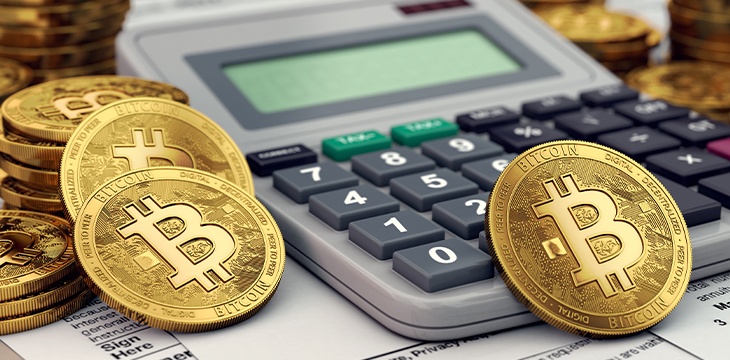|
Getting your Trinity Audio player ready...
|
The Organization for Economic Cooperation and Development intends on developing international digital currency standards by 2021, a new report has revealed. The organization cited the growing need among member states to regulate digital currencies as the key factor behind its latest move.
Pascal Saint-Amans, the director of the OECD’s Centre for Tax Policy Administration made the confirmation in a recent interview with Law360. He stated that the digital currency tax rules would be similar to the OECD’s common reporting standard (CRS). This standard, which the OECD launched in 2014, calls for member states to exchange financial information on an annual basis to combat tax evasion.
Saint-Amans revealed that most of the OECD’s member states have a growing desire to regulate digital currencies, including their taxation. This has led the organization to become more actively involved in the industry. He projected that the organization would most likely deliver the standards by 2021.
With the OECD being made up of some of the world’s biggest economies, the new standards could end up becoming the global digital currency taxation blueprint. The organization’s 37 member states collectively comprise over 60% of global nominal GDP. They include the U.S., the U.K., Spain, Germany, France, Japan, South Korea and Australia.
This isn’t the first time the OECD has ventured into the digital currency taxation sector. In October, the organization published an overview of emerging tax policy issues. In its 70-page document, the OECD outlined some of the key challenges, including taxation of hard forks, digital currency definitions, emergence of stablecoins and CBDCs, decentralized finance and taxation of mining income.
One of the key recommendations in the document is for regulators to consider a simplified tax approach for small and occasional traders. The organization acknowledged that some users don’t pursue digital currencies in a business capacity. For this group, regulators should consider “practical settings to encourage compliance, including de minimis exemptions for personal use (e.g. by volume, trade or gain value).”
It also urged governments to avoid capital gains for each transaction small traders make. Rather, they should tax the traders on a basis similar to foreign currency “or by providing for a restricted personal use exemption for small transactions.”
One of the OECD members, South Korea, announced recently that it had postponed the implementation of its 20% tax law for digital currency owners until January 2022. In the U.S., the IRS recently wrongfully sent notices to dozens of individuals informing them they underpaid their digital currency taxes. The U.S Treasury Department also revealed it’s considering trade-offs in digital currency tax rules at a recent OECD event.
See also: CoinGeek Live panel, Digital Currency & Global Compliance: Tools & Tips for Exchanges, Wallets, and Other Service Providers

 02-22-2026
02-22-2026 




